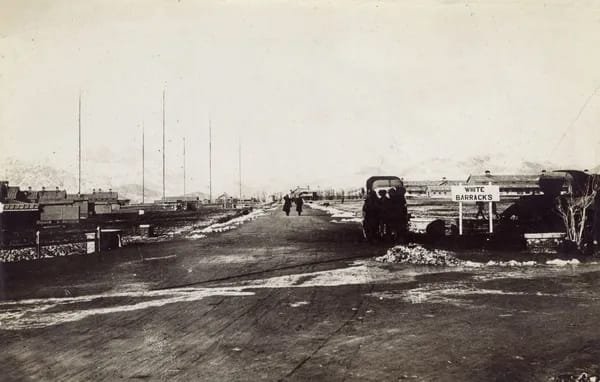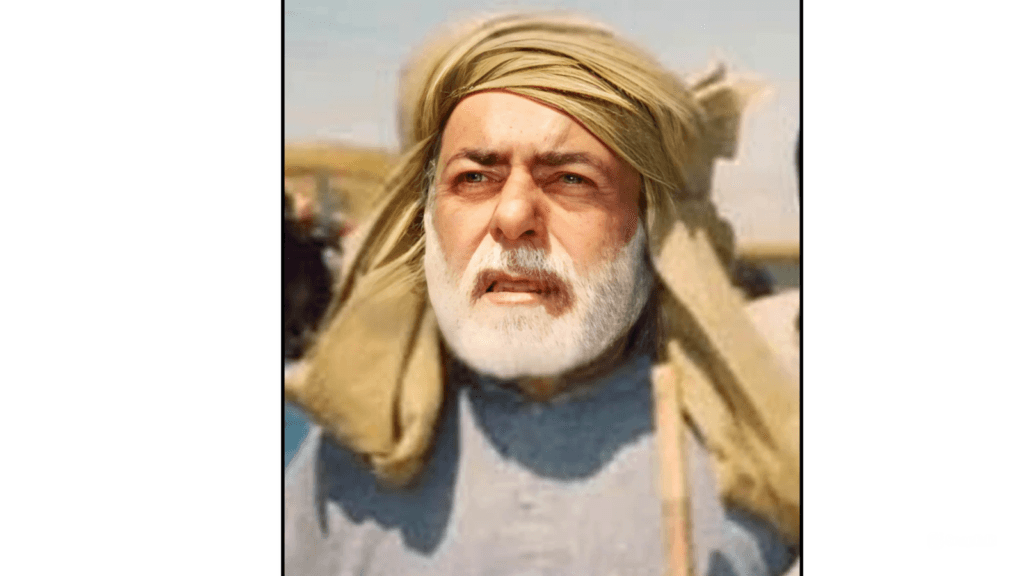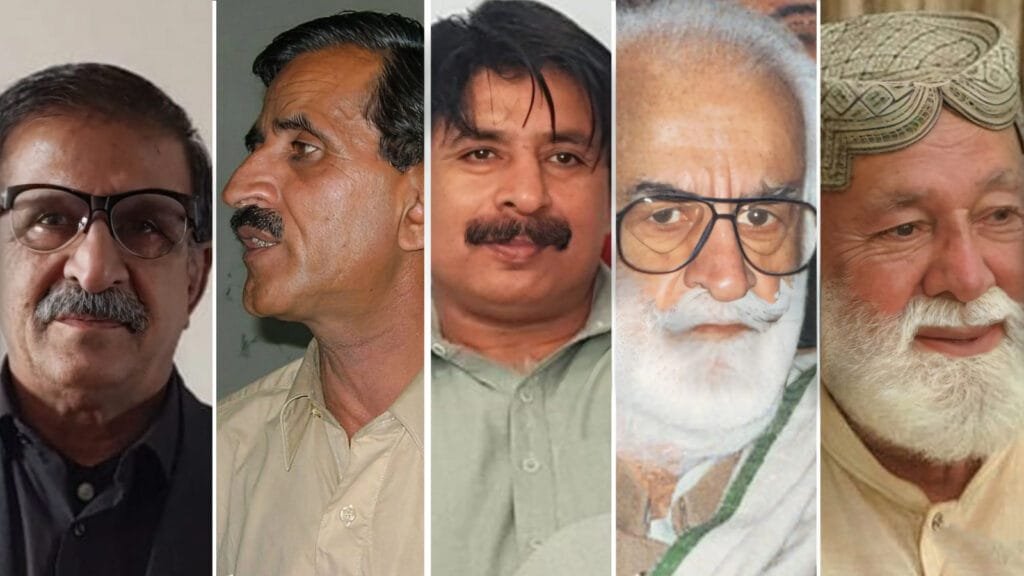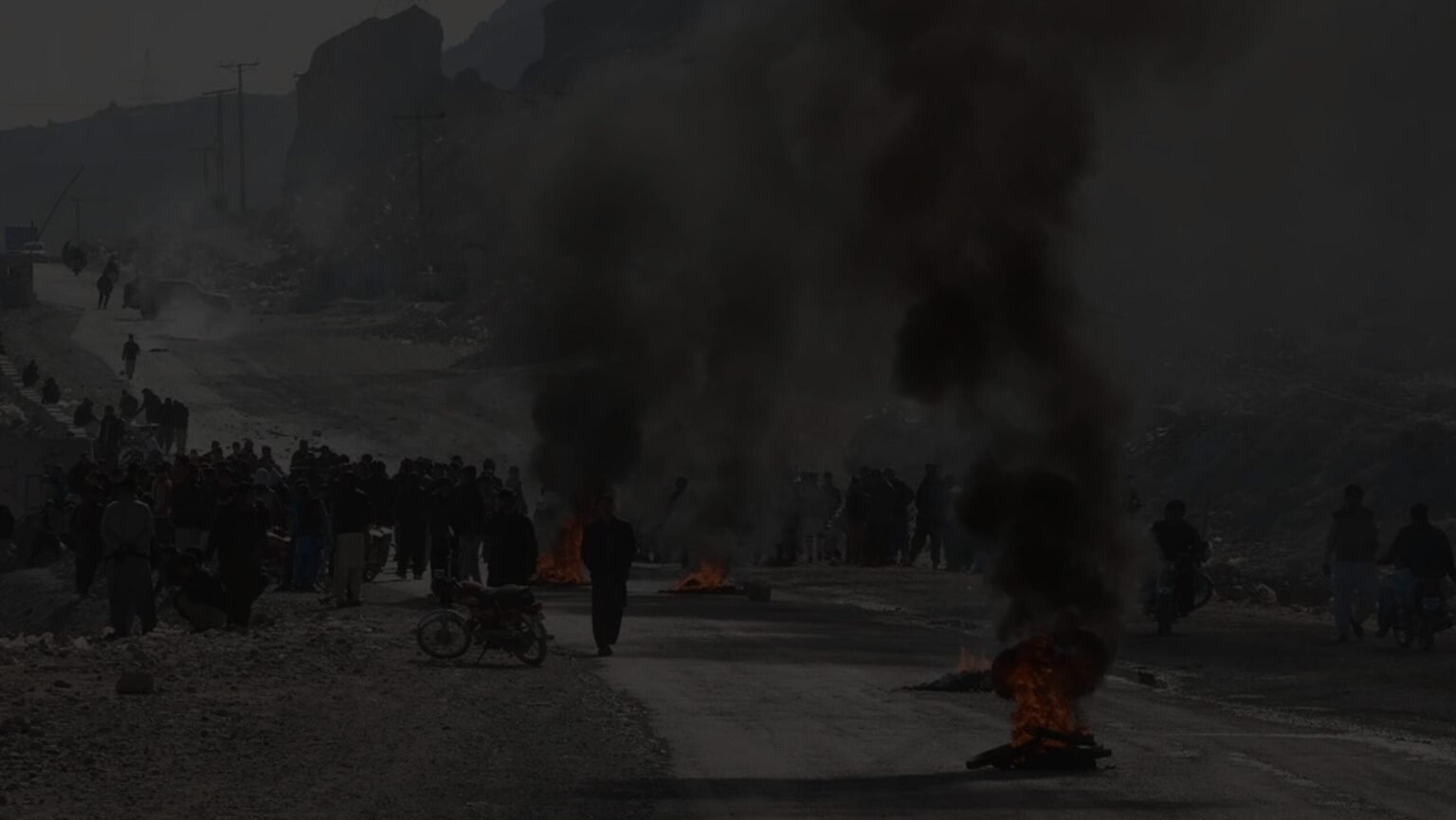The Erosion of Balochistan’s Sovereignty: A Historical Background :
Balochistan’s formal loss of independence on 27 March 1948 followed a protracted period of external encroachment, beginning with British intervention. The 1839 assault on Kalat, culminating in the martyrdom of Khan Mehrab Khan and his defenders on 13 November, marked a pivotal moment.
- The Erosion of Balochistan’s Sovereignty: A Historical Background :
- The Gradual Erosion of Baloch Sovereignty: A Legacy of Agreements
- Key agreements that facilitated this erosion include:
- Britain’s Enduring Influence in Pakistan’s Occupation of Balochistan
- The Inception of Baloch War of Freedom Against Pakistani Occupation
- Contemporary Baloch Movement and Pakistani Oppression
- Balochistan’s Independence: A Prerequisite for Regional Stability
While unable to secure complete dominion, the British maintained their presence through strategic misinformation and manipulation. Khan Mehrab Khan’s defiance, his refusal to capitulate, became a symbol of resistance against imperial ambitions. Internal vulnerabilities, a common weakness of empires, were exploited by the British, who proved adept at leveraging regional instability.
Their campaigns in Balochistan, characterized by strategic boldness and political acumen, initiated a period of prolonged subjugation. During the colonial era, the struggles of occupied nations were largely disregarded by major powers. This disregard, compounded by the actions of collaborators, facilitated the suppression of Baloch self-determination.
Khan Mehrab Khan’s martyrdom was not solely a consequence of military conflict, but also a result of internal betrayals. British influence over key figures within Balochistan compromised Kalat’s defenses, ultimately contributing to its fall.

The Gradual Erosion of Baloch Sovereignty: A Legacy of Agreements
The events of 27 March 1948 were not a sudden occurrence, but the culmination of a systematic dismantling of Balochistan’s sovereignty through a series of agreements between 1839 and 1903. These agreements, rather than fostering cooperation, served to fragment Balochistan, weaken its leadership, and entrench British influence.
The British, seeking to secure their strategic interests, often manipulated regional power dynamics. In 1839, they sought to place Balochistan under Afghan control, supporting their ally Shah Shuja-ul-Mulk, despite a prior 1758 agreement with Ahmad Shah Abdali and Mir Naseer Khan The Great that recognized Balochistan’s independence and equal standing. These actions directly contradicted earlier treaties and undermined Baloch autonomy.
Key agreements that facilitated this erosion include:
Kalat Agreement (28 March 1839): This agreement, while appearing to establish friendly relations, effectively subordinated the Khan of Baloch to British approval and obligated Baloch support for the British-backed Sadozai dynasty in Afghanistan. This opened the door for extensive British interference.
Mastung Agreement (13 July 1876): Overseen by Major Sandeman, this agreement, involving Mir Khudadad Khan and Mir Jam Ali Khan of Lasbela, facilitated British intrusion into Balochistan’s internal affairs and bolstered anti-central forces.
Renewed Agreement (8 December 1876): This agreement further restricted the Khan’s authority, placing a British representative at the court and mandating British approval for trade corridor revenue expenditures, which were to be used as suggested by the British.
Occupation of Quetta (8 June 1883): Through an agreement with Mir Khudadad Khan, Quetta, formerly a suburban area of Shaal, was transformed into a British administrative center. Quetta (a distorted form of the Balochi word Koh-e-Tah, meaning “between the mountains”) became a hub for colonial strategies aimed at suppressing Baloch independence.
Simultaneously, So-called “British Balochistan” was formally integrated into so-called British India on 1 April 1887, laying the groundwork for future territorial claims and contributing to the eventual occupation of Balochistan.

Britain’s Enduring Influence in Pakistan’s Occupation of Balochistan
Even as the British withdrew, their influence persisted, evidenced by the creation of contested borders, the partition of India, and they incited Pakistan’s occupation of Balochistan. These historically contentious borders, marked by enduring conflict, suggest a deliberate British role.
While historical analyses have often downplayed Britain’s destabilizing actions, emerging evidence indicates that the events of March 27, 1948, were orchestrated with British support.
Balochistan’s leadership, including Khan Mir Ahmad Yar Khan, recognized the precarious situation. They sought assurances from the Muslim League, led by Muhammad Ali Jinnah, that Balochistan’s independence would be upheld and that territories under ‘British Balochistan’ would be returned.
Today, on August 11, 1947, the Khan of Kalat has declared that Balochistan is a sovereign and independent state. Balochistan will have full control over its foreign policy, defense, and internal affairs.
This declaration, broadcast by All India Radio, underscored their intent for autonomy.
Subsequently, Kalat’s representatives engaged with Pakistan to negotiate the return of leased territories. However, Pakistan demanded accession, sparking significant opposition within the Kalat parliament and escalating tensions.
Despite Baloch aspirations for independence, British involvement continued. Their superior intelligence positioned them to influence events. Simultaneously, the ruler of Kech in Makuran sought separation from Kalat, claiming tribal lands in Kachhi, a demand rejected by Khan Mir Ahmad Yar Khan.
In response, Nawab Baiyan forged ties with the British. According to historian Dr. Hameed Baloch, a letter from the Political Agent in Muscat, Sir Rupert, to the British Resident in Bahrain, reveals that Nawab Baiyan engaged in discussions with the Imam of Muscat, the resident of Gwadar, and British officials.
This collaboration resulted in the fragmentation of Balochistan, with Makuran, Lasbela, and Kharan separating from Kalat, indicating British intervention.
Kalat’s refusal to accede to Pakistan prompted Jinnah to deploy military force. On March 27, 1948, Colonel Gulzar occupied Kalat under General Akbar Khan’s orders. The annexation of Kalat into Pakistan was declared on March 28, and approved by Governor-General Jinnah on March 31, 1948.
The Inception of Baloch War of Freedom Against Pakistani Occupation
This marked the onset of a prolonged period of subjugation for Balochistan, with repercussions echoing into the present. Despite Pakistan’s formal claim of control, the Baloch never acquiesced to this imposed occupation. In 1948, under Agha Abdul Karim’s leadership, the Baloch War of Freedom commenced—a struggle that has endured through successive phases, escalating in intensity.
Pakistan relies upon military force and oppressive tactics to enforce its authority in Balochistan. Enforced disappearances, the discovery of mutilated bodies, and persistent human rights abuses serve as systematic measures to quell the Baloch freedom movement.
The Baloch have also sought to achieve their rights and autonomy through peaceful avenues, yet Pakistan’s de facto rulers—the Punjabi military—have met these endeavors with violence.

Contemporary Baloch Movement and Pakistani Oppression
The modern Baloch movement emerged around 2000, spearheaded by leaders like Ustad Wahid Kambar, Dr. Allah Nazar, and Ghulam Mohammad. Khair Bakhsh Marri provided pivotal support, uniting this leadership in a decisive struggle against Pakistan. Akbar Khan Bugti further galvanized the movement through his resolute resistance. While open to political dialogue, he faced relentless military offensives from General Pervez Musharraf, driven by Bugti’s influence in the resource-rich Dera Bugti region.
Musharraf recognized Bugti as a significant obstacle to resource exploitation and his “mega projects,” including the Gwader development plan. Bugti’s staunch opposition to demographic changes in Gwadar further fueled this conflict.
Though not explicitly advocating independence, Bugti fiercely defended Baloch control over their resources. He demanded resistance against resource seizure and persistently sought peaceful solutions. His Bugti Dossier highlighted Gwader, advocating for legally guaranteed local participation in investments at a 51/50 ratio.
Musharraf’s aggressive policies escalated human rights abuses in Balochistan. On August 26, 2006, Akbar Khan Bugti was martyred in an attack on Tratani, resulting in mass displacement and enforced disappearances. Balochistan continues to experience various forms of genocide under Pakistani oppression.

Balochistan’s Independence: A Prerequisite for Regional Stability
To establish peace in Balochistan and the wider region, rectifying the events of March 27, 1948, through the complete restoration of Balochistan’s independence is essential. The Baloch people’s pursuit of freedom will endure otherwise. The past 77 years have demonstrated that, despite severe repression, leadership assassinations, bombings, and prolonged disappearances, the Baloch commitment to independence remains unwavering.
Pakistan’s denial of this reality, coupled with the international community’s inaction, necessitates immediate global intervention.
The free world can positively influence Balochistan’s independence, as its past support enabled Pakistan’s 77-year campaign of oppression.
If global powers, particularly politicians and elites, acknowledge this reality and support the Baloch nation, instead of Pakistan, the situation can transform. Balochistan’s strategic significance demands immediate attention.



